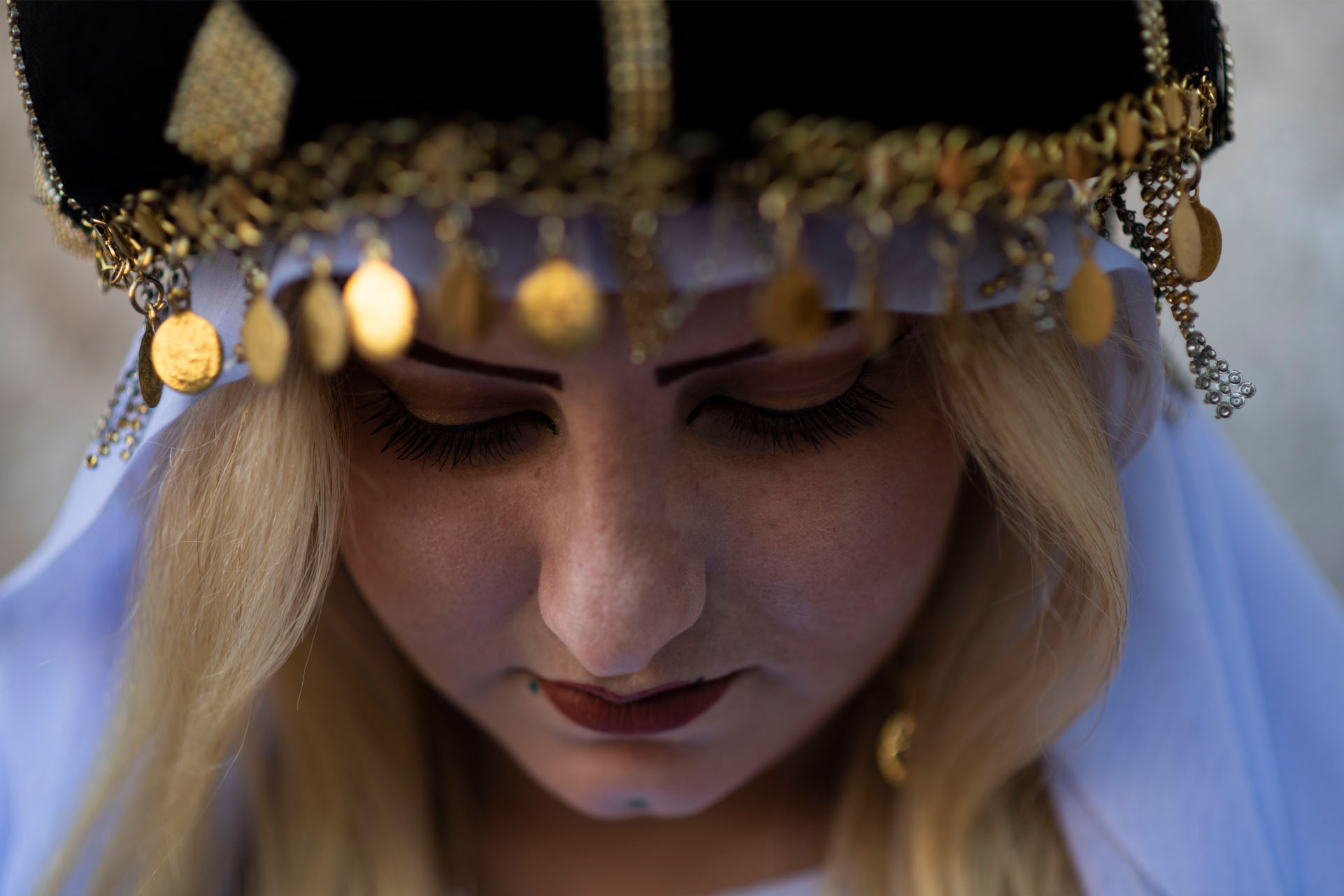Joint NGO Statement on Iraq to Commemorate International Day for Victims of Acts of Violence Based on Religion or Belief
On this day set aside to commemorate victims of acts of violence based on religion or belief around the world, we stand together as civil society actors to honor those who have been persecuted and killed in Iraq for their religion or beliefs. Since the 2003 US-led invasion, Iraq has suffered internecine conflict and state collapse, degrading a once rich cradle of ancient ethnic-religions and cultures. The Christian population, including ethnic Assyrians, which numbered around 1.5 million at the start of this century, has been reduced to a mere 200,000 today. Other minority communities such as Yazidis, Sabean-Mandaeans, Turkmen, Kak’ais, and Shabaks have faced existential threats in recent years.
ISIS exploited the concomitant deterioration of religious freedoms as part of their genocidal campaign against ethno-religious minorities across the Sinjar region and the Nineveh plains. The targeted violence sought to erase the presence of religious minorities in Iraq altogether, and particularly of the Yazidis, decried by ISIS as devil-worshipers. ISIS executed those who refused religious conversion and destroyed countless shrines, churches, temples, and other cultural sites. The effects of religious discrimination against minorities are widespread and inter-generational, as many of the displaced are reluctant to return to their ancestral lands for fear of religious persecution. This situation is compounded by the presence of militia groups in the Sinjar region and Nineveh plains and failures to meaningfully address governance concerns.
We welcome the efforts already taken to safeguard religious freedom and to counter-narratives of violent extremism in Iraq, such as the Interfaith Statement on the Victims of ISIL endorsed by religious leaders from the Christian, Sunni, Shia and Yazidi communities, and supported by the UN Investigative Team to Promote Accountability for Crimes Committed by Da’esh/ISIL (UNITAD) and the UN Office on Genocide Prevention and the Responsibility to Protect. However, without justice and accountability for past atrocities, religious communities will continue to face persecution and the threat of repeated violence. Improving religious freedom is linked to holding perpetrators of genocide accountable, to providing secure conditions of return for minority communities, and to supporting those who have experienced the trauma of religious violence that drove them from their homeland.
We urge the Government of Iraq, the Kurdistan Regional Government, the United Nations, and the wider international community to take the following steps:
- To adopt legislation that ensures reparations for survivors and delivers justice for victims of genocide, war crimes, and crimes against humanity.
- To empower groups working towards social cohesion such as the Yazidi Survivor Network and the Iraq Religious Freedom Roundtable to advocate for their own interests.
- To promote religious education across Iraq by means of cultural events and activities that inform the population about minority communities; integrate education about religious minorities in the Iraqi school curriculum to combat misinformation.
- To implement innovative approaches to promote religious and cultural diversity, including community-based approaches using art and virtual reality technology, such as Nobody’s Listening exhibition.
- For UNITAD and the UN Office on Genocide Prevention and the Responsibility to Protect to facilitate a follow-up conference to broaden the endorsement for the Interfaith Statement by other religious communities. The international community should expand its support for the investigative activities of UNITAD.
Signatories:
- AdvanceUSA (United States of America)
- Air Bridge Iraq – Luftbrücke Irak (Germany)
- AlRafidain Peace Organization (Iraq)
- Assyrian Policy Institute (United States of America)
- Central Council of Yazidi in Germany – Zentralrats der Êzîden in Deutschland (Germany)
- CSW (United Kingdom)
- Coalition for Genocide Response (United Kingdom)
- European Interreligious Forum For Religious Freedom (France)
- Ezidis Worldwide – Eziden Weltweit e.V (Germany)
- Ghasin Alzaiton Organization for Youth (Iraq)
- International Christian Foundation for Democracy (United States of America)
- International Dialogue Research and Awareness Centre (Pakistan)
- International Organization to Preserve Human Rights (United States of America)
- Iraq Religious Freedom Religious Roundtable (Iraq)
- Jiyan Foundation for Human Rights (Germany/Iraq)
- Jubilee Campaign (United States of America)
- Montreal Institute for Genocide and Human Rights Studies (Canada)
- Nuhanovic Foundation (The Netherlands)
- Operation Hope (Australia)
- Panaga Organization for Education (Iraq)
- Project Abraham (Canada)
- Religious Freedom Coalition (United States of America)
- Religious Freedom Institute (United States of America)
- Shlomo Organization for Documentation (Iraq)
- Sunrise Organization for Civil Society Development (Iraq)
- Voice Of Ezidis (France)
- Yazda (Iraq/United States of America)
- Yazidi Legal Network (The Netherlands)
- Yezidi Emergency Support (United Kingdom)
- Youth Bridge Development Organization (Iraq)


